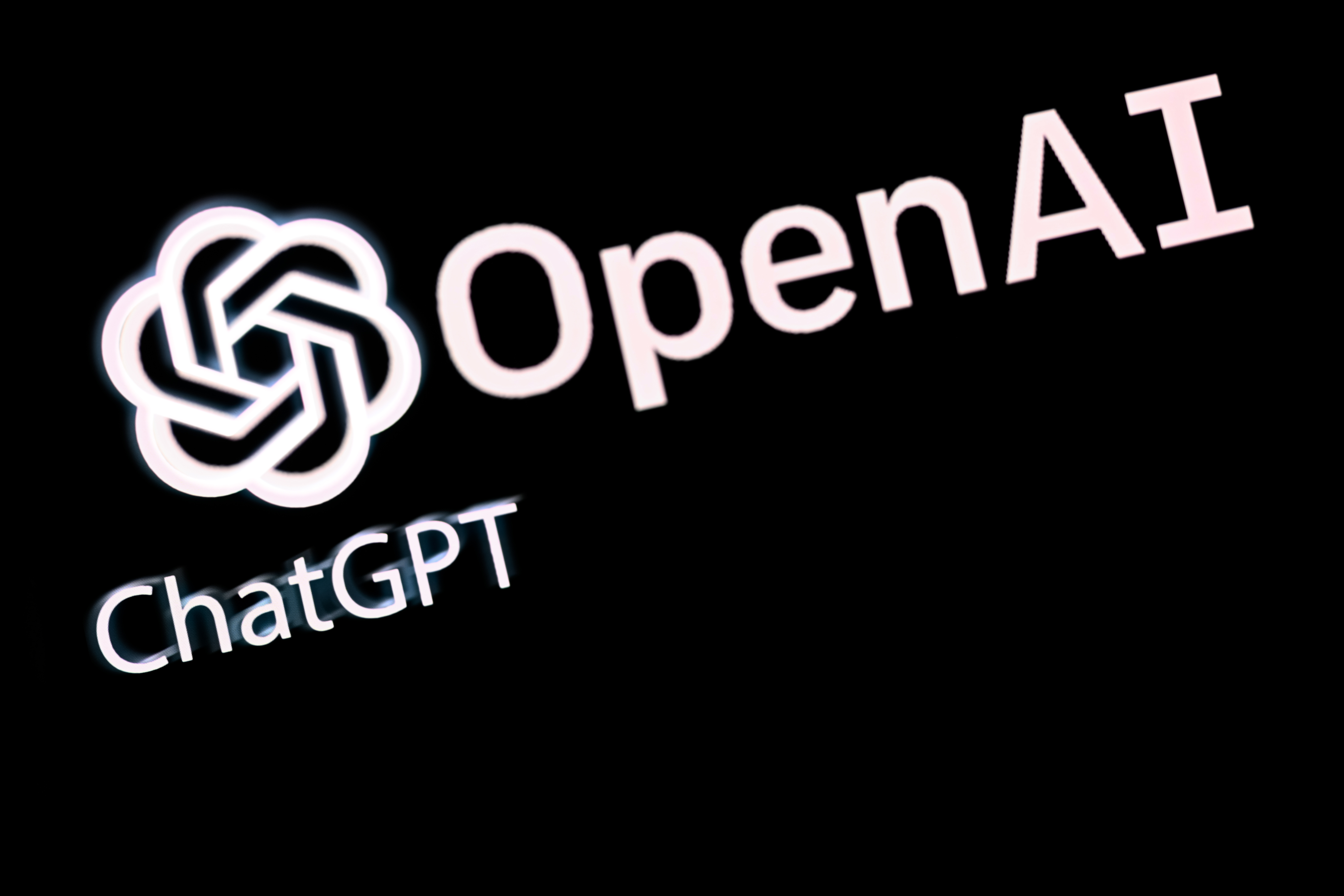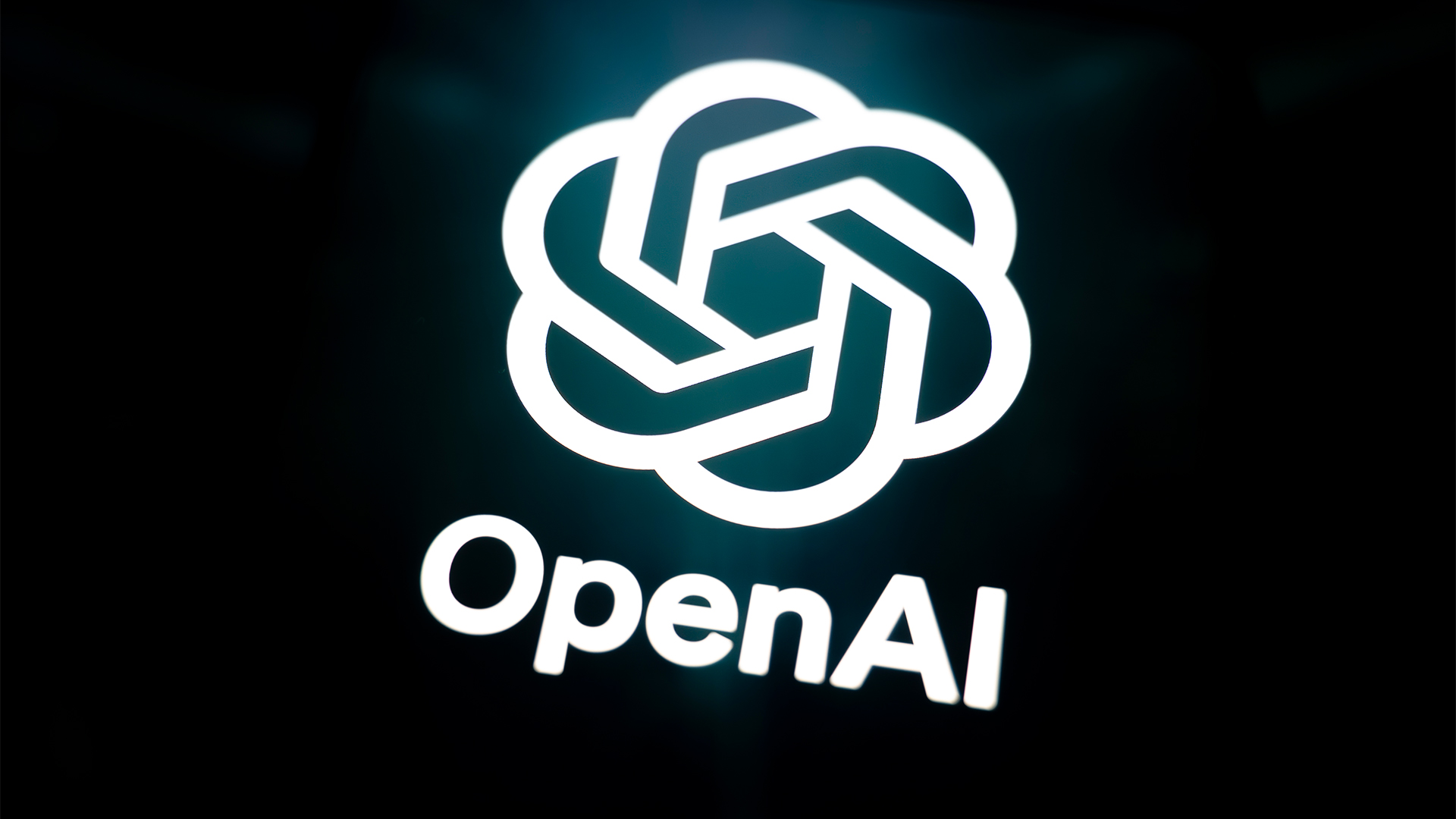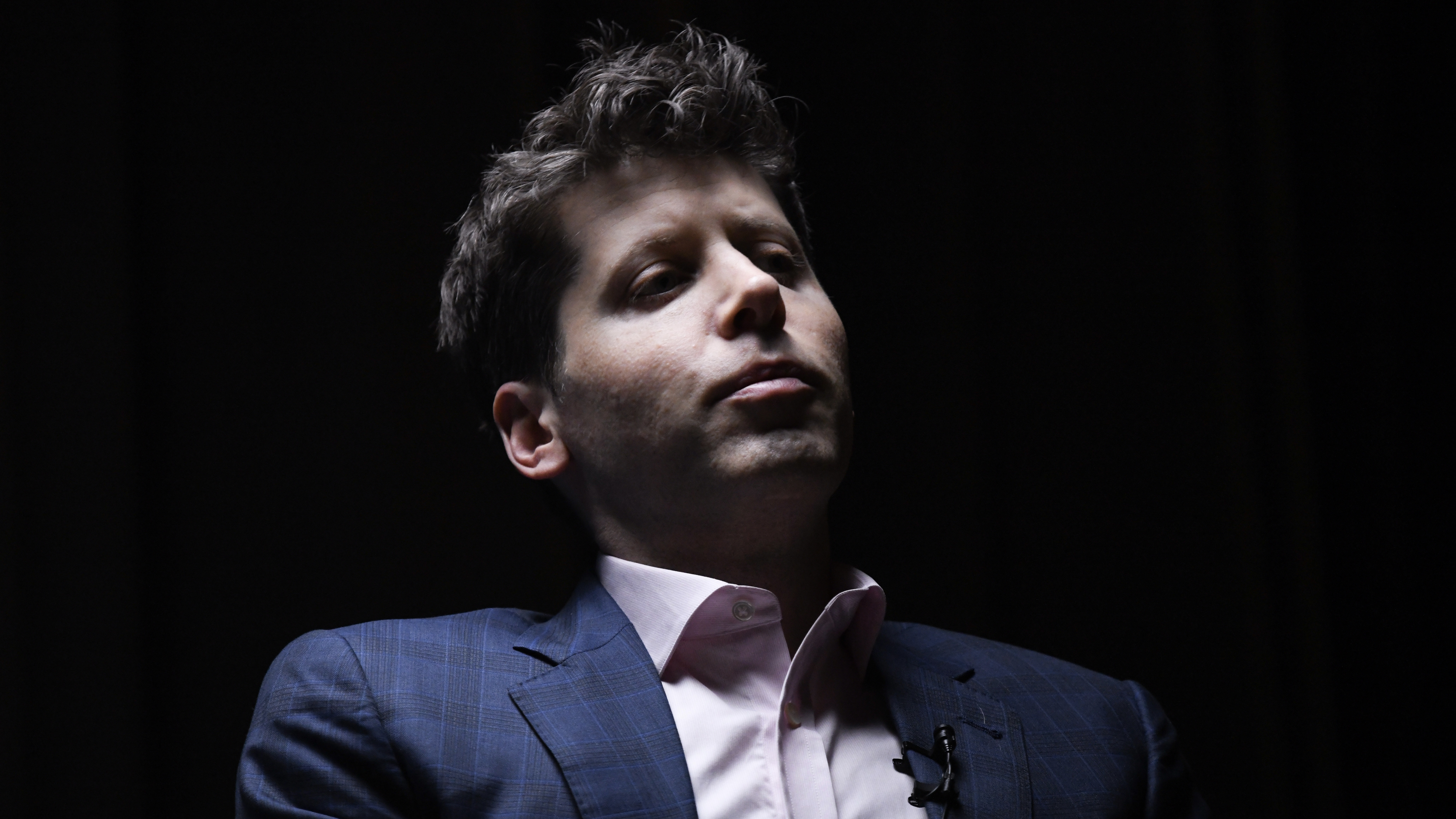OpenAI’s Irish data processing move could ward off regulatory scrutiny
OpenAI aims to assuage concerns about GDPR compliance in a similar move to other big tech firms


OpenAI’s plans to shift European data processing to Ireland represent a significant step to ensuring GDPR compliance, but questions still remain over its US influence, experts have warned.
In an email to users, OpenAI said it plans to make its Irish subsidiary the official data controller for customers that live in the European Economic Area (EEA) and Switzerland.
The announcement follows the opening of a Dublin office in September, with the data processing change due to be made on February 15.
"We have changed the OpenAI entity that provides services such as ChatGPT to EEA and Swiss residents to our Irish entity, OpenAI Ireland Limited,” users were told in an email by the firm.
There's also been a similar update to the company's privacy policy.
The move from OpenAI appears to be a concerted effort to reduce regulatory friction across the European Union. The California-based tech giant has been embroiled in a series of data protection-related battles over the last year, with Italian regulators suspending the use of ChatGPT in April 2023 amid GDPR concerns.
Similarly, Polish regulators opened an investigation into the company in September following a complaint from privacy researcher and author of Philosophy of Cybersecurity, Lukasz Olejnik.
Sign up today and you will receive a free copy of our Future Focus 2025 report - the leading guidance on AI, cybersecurity and other IT challenges as per 700+ senior executives
A key point of contention is the way OpenAI processes personal data, with critics complaining that it lacks a legal basis to justify the mass collection and storage of data, along with claims that it fails to adequately protect children.
Its activities, it's alleged, breach GDPR in terms of lawful basis, transparency, fairness, data access rights, and privacy by design. Regulators in both Germany and Spain have expressed similar concerns.
In the wake of Italy's decision, the European Data Protection Board (EDPB) announced plans to launch a dedicated task force to foster cooperation and to exchange information on possible enforcement actions by data protection authorities against the company.
RELATED RESOURCE

The enterprise’s guide for Generative AI
Discover how GenAI can change the way your organization operates
The GDPR’s “one-stop-shop” mechanism allows companies operating in the EU to have their privacy overseen by a single lead data supervisory authority, rather than having a free-for-all with each national privacy watchdog able to take action unilaterally.
By moving its European data processing to Ireland, OpenAI aims to ensure that its compliance with GDPR is monitored by the country's Data Protection Commission (DPC).
In this sense, it is following the likes of Google, Apple, Meta and TikTok.
While the DPC has investigated and issued a number of fines against big tech firms, it's widely seen as being both slow and over-lenient in its decisions.
Last year, Ireland’s data protection commissioner Helen Dixon said that while generative AI needed to be regulated, it would be unwise to rush into bans that “really aren't going to stand up”.
Speaking to ITPro, Olejnik said that the move by OpenAI will help attempts to calm regulators across the union, but questioned whether the influence of US operations could create friction further down the line.
"Having a local desk would aid in contact with the local EU regulators in various terms. It will not necessarily function as a go-to place for the needs of the EU GDPR, though," he said.
"It is the US HQ that is making the actual substantial decisions about the designs, so considering the existing way that some EU DPAs decide, it is not necessarily relevant to data processing, at least not always."
Emma Woollacott is a freelance journalist writing for publications including the BBC, Private Eye, Forbes, Raconteur and specialist technology titles.
-
 Microsoft unveils Maia 200 accelerator, claiming better performance per dollar than Amazon and Google
Microsoft unveils Maia 200 accelerator, claiming better performance per dollar than Amazon and GoogleNews The launch of Microsoft’s second-generation silicon solidifies its mission to scale AI workloads and directly control more of its infrastructure
-
 Infosys expands Swiss footprint with new Zurich office
Infosys expands Swiss footprint with new Zurich officeNews The firm has relocated its Swiss headquarters to support partners delivering AI-led digital transformation
-
 OpenAI hailed for ‘swift move’ in terminating Mixpanel ties after data breach hits developers
OpenAI hailed for ‘swift move’ in terminating Mixpanel ties after data breach hits developersNews The Mixpanel breach prompted OpenAI to launch a review into its broader supplier ecosystem
-
 Cyber researchers have already identified several big security vulnerabilities on OpenAI’s Atlas browser
Cyber researchers have already identified several big security vulnerabilities on OpenAI’s Atlas browserNews Security researchers have uncovered a Cross-Site Request Forgery (CSRF) attack and a prompt injection technique
-
 Security researchers have just identified what could be the first ‘AI-powered’ ransomware strain – and it uses OpenAI’s gpt-oss-20b model
Security researchers have just identified what could be the first ‘AI-powered’ ransomware strain – and it uses OpenAI’s gpt-oss-20b modelNews Using OpenAI's gpt-oss:20b model, ‘PromptLock’ generates malicious Lua scripts via the Ollama API.
-
 OpenAI is clamping down on ChatGPT accounts used to spread malware
OpenAI is clamping down on ChatGPT accounts used to spread malwareNews Tools like ChatGPT are being used by threat actors to automate and amplify campaigns
-
 OpenAI announces five-fold increase in bug bounty reward
OpenAI announces five-fold increase in bug bounty rewardNews OpenAI has announced a slew of new cybersecurity initiatives, including a 500% increase to the maximum award for its bug bounty program.
-
 Hackers stole OpenAI product secrets in 2023 data breach – reports
Hackers stole OpenAI product secrets in 2023 data breach – reportsNews While OpenAI hasn't confirmed the breach, there are concerns that its systems could be vulnerable to nation-state hackers
-
 Microsoft and OpenAI warn state-backed threat actors are using generative AI en masse to wage cyber attacks
Microsoft and OpenAI warn state-backed threat actors are using generative AI en masse to wage cyber attacksNews Microsoft has released a report detailing how prominent state-linked threat actors are using generative AI to enhance attack methods
-
 OpenAI to pay up to $20k in rewards through new bug bounty program
OpenAI to pay up to $20k in rewards through new bug bounty programNews The move follows a period of unrest over data security concerns

